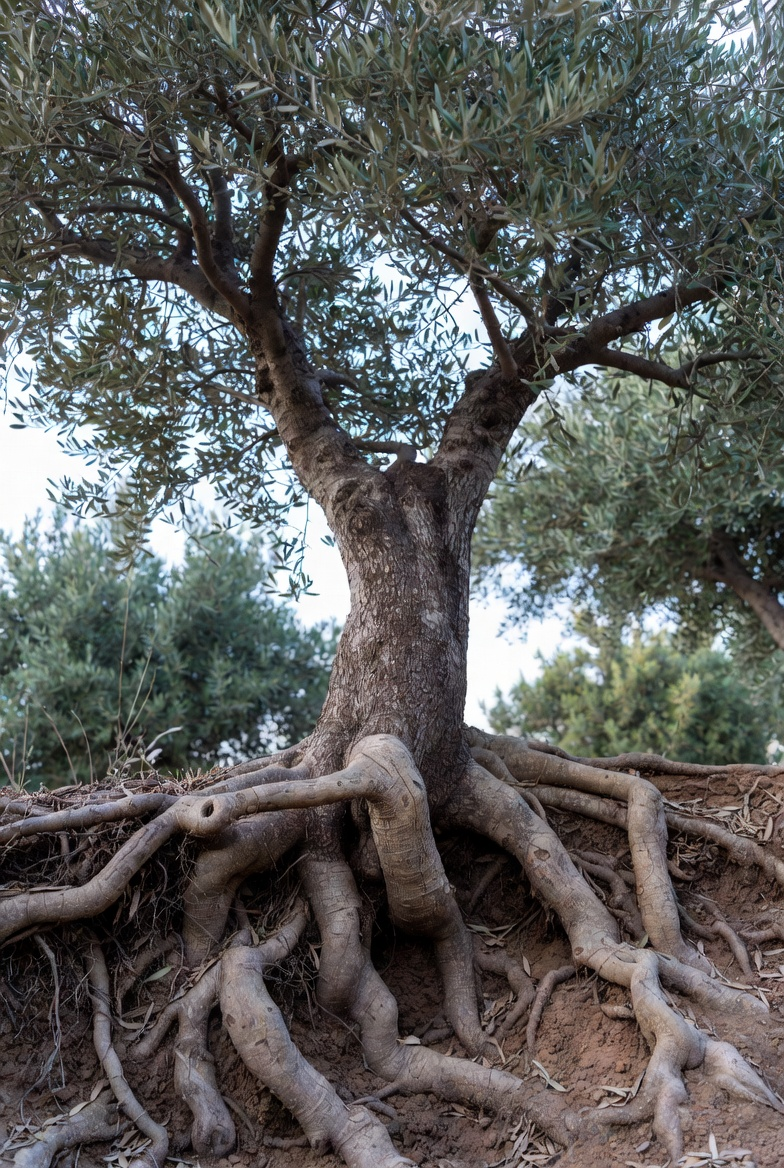| 592 or if the Bishop was present at the trial by the elders' court to the High Council if the matter has been first tried before the district authorities.
In all cases of appeal the person making the appeal must set forth clearly to the court to which appeal is made the reasons for such appeal. In case the appeal is made to the conference of the district, or to the Bishop's court, the court from which appeal is taken, or the branch or conference to which an elders' court have reported shall send at once upon receipt of notice of such appeal being taken, the papers and minutes of evidence and a copy of the proceedings of the court and cause the same to be filed with the court to which the appeal is taken.
In cases where a member has been adjudged guilty of an offense, for which the penalty has been suspension from church fellowship or church privileges, such person shall so remain as affected by the decision until a rehearing and reversal of the decision shall have been had upon the appeal.
In cases where appeal is taken to the High Council, the rule laid down in Doctrine and Covenants, governing such appeals shall obtain. In all such cases notice of appeal should be made to the Presidency by filing the notice in the office of the Secretary of the church and courts, branches and districts from which appeals to the High Council are made should upon notice of such appeal being taken, at once prepare minutes of evidence and copies of all the proceedings had of record by them.
Any party desiring to appeal from the decision of any court herein provided for, must give notice of the same to the officers of the court, branch or district interested within sixty days from the date of trial and decision of the court, and perfect said appeal within six months from the time of such trial and decision.
In all cases where a doubt is entertained in regard to where an appeal should properly be taken from decisions of original courts, reference should be made to the missionary in charge, and his counsel observed.
6. In all cases where the court, upon proper inquiry, finds the accused not guilty, or that there is no just cause for action, the decision, if approved by the branch or district conference, is to be final, and no member against whom charge has been made, so examined and decided as herein provided, shall be liable to further action upon said charge and offense. A new trial or rehearing of a case may be had by any defendant, or by either party to the action if the same is between two members, upon the discovery of fraud or new evidence, the existence of which was not known to the party suffering thereby nor the court at the time of the trial. Application for a new trial or rehearing upon this ground must be accompanied by a statement of the character of the fraud or evidence, and the same set forth clearly before the court, or the officer appointing the court, or his successor, who shall then proceed to the examination of the case as at the first, he being first satisfied that the evidence relied upon is new and sufficient to justify such procedure.
(page 592) |


